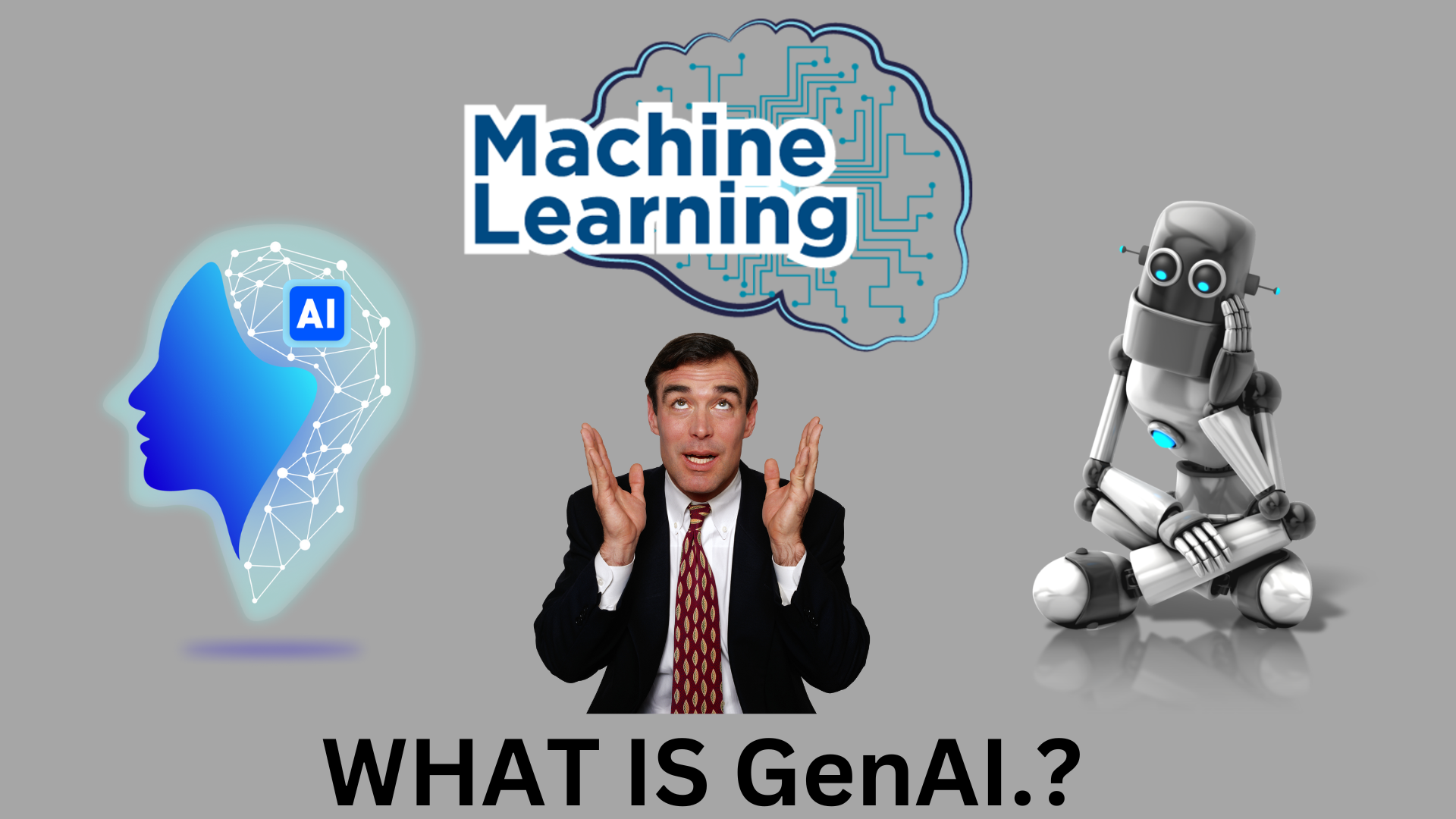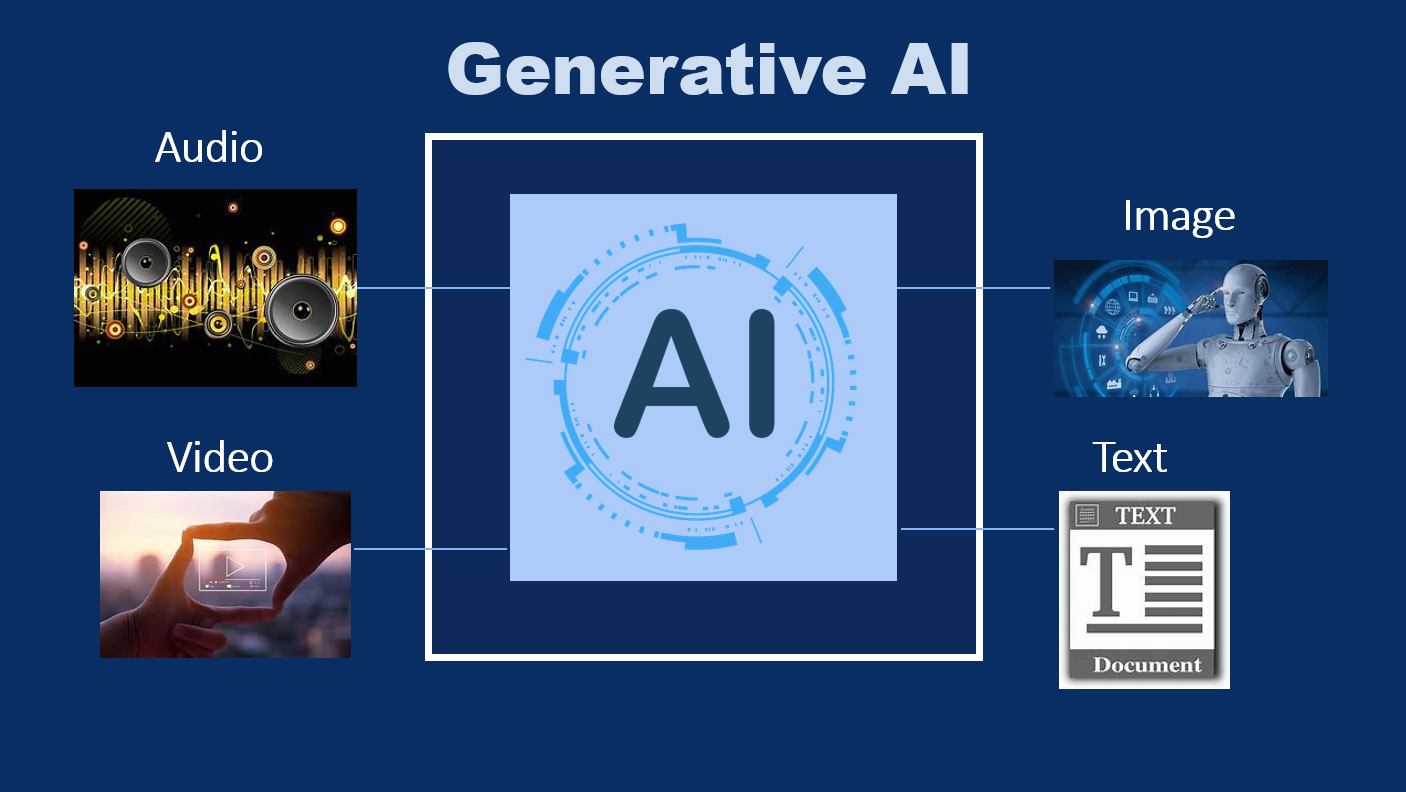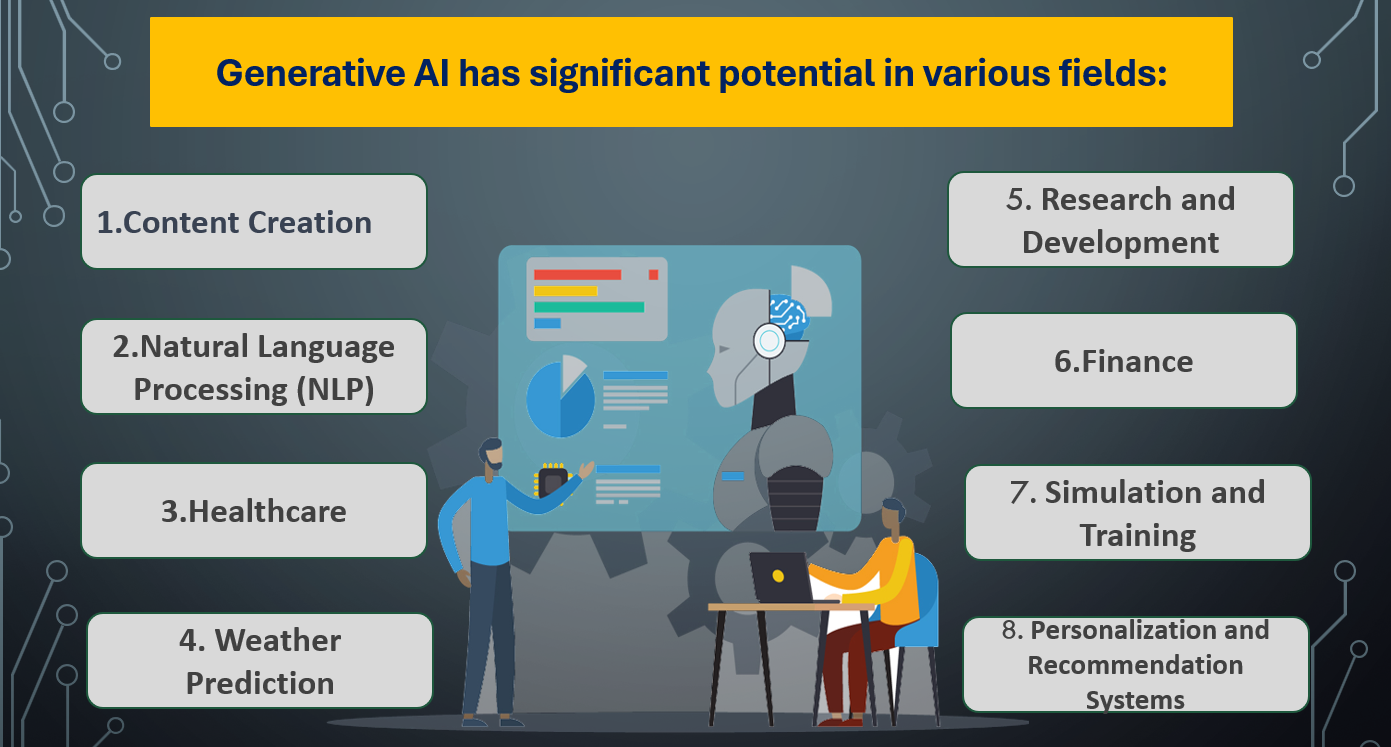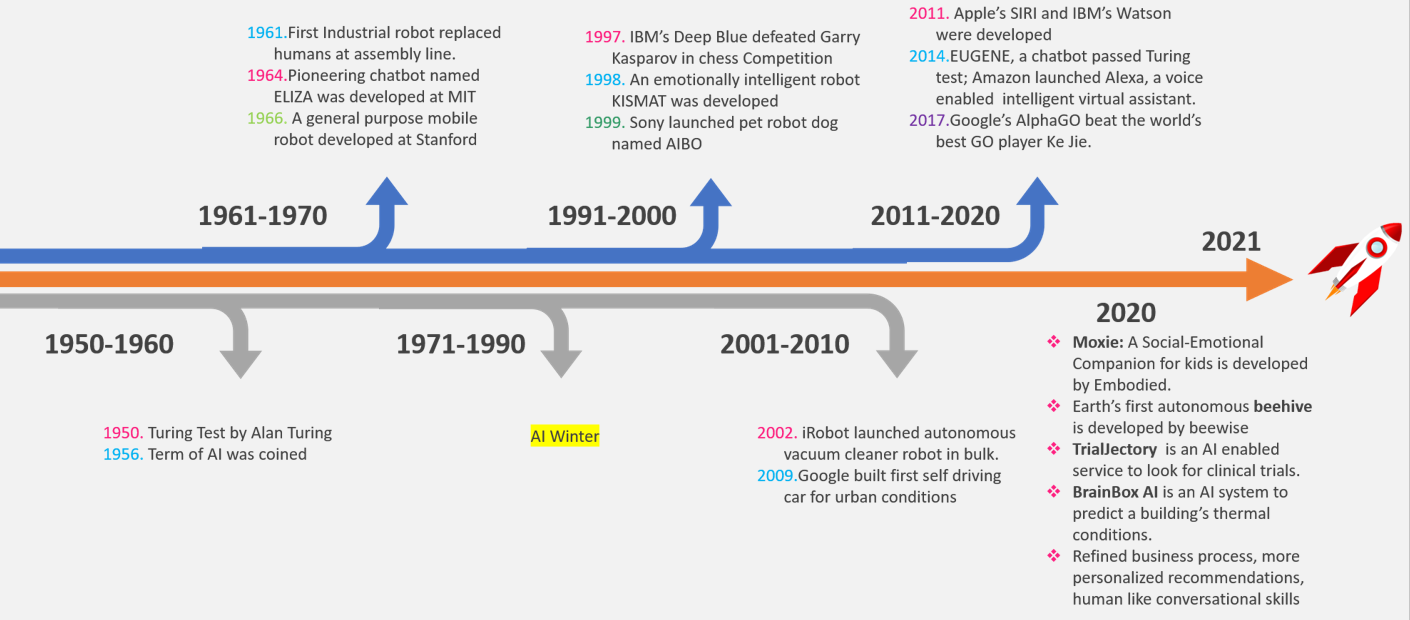
Since the release of ChatGPT in November 2022, it’s been all over the headlines, and businesses are racing to capture its value.So,we had this early first generation of machine learning capabilities .And they were focused on working with structured data ,often working with numbers,giving us the ability to do things like predictions ,classifications and finding ways to not only recognizee patterns but operationalize against them.Very powerful techniques,still very relevant today.
But Generative AI is new ,and it's different.And what it brings to the table now is models that looks and feels as if a human being had created the content that could be something like an email.It could be even writing some snippets of code or creating videos.These models are getting larger.They're being able to do more interesting things.There's two distinct characteristic that you should be aware of with generative AI .One is the generative function.It's able to create things based on patterns that it's seen you train it on large sets of data.
It leverges observations or learning from those patterns and it's able to create content based on those and the other aspect,which is significant as well ,is generalization.Based on those patterns ,it can be asked to do things or to create content that's not exactly like what it's seen before.So,it's able to generalize as well.Very powerful stuff.
Generative artificial intelligence (GenAI) can create certain types of images, text, videos, and other media in response to prompts.
Generative AI models identify patterns in existing data to generate new content. Trained on unsupervised and semi-supervised learning approaches, organizations can create foundation models from large, unlabeled data sets, essentially forming a base for AI systems to perform tasks.

Imagine a world of artificial intelligence,in which systems created a content that likes as human made that's potential future we are looking with generative AI. Advancement being made at a starnishing rate and we can expect seen significant improvement in the accuracy and realism of the content generated by AI Systems.
Currently, GenAI has already made the applications like creating realistic fake news and to develop the new music,per as the technology is advanced we can expect is used to spread cross over the wider range of an industry for instance.In healthcare center,GenAI could be used to create realistic simulation for medical traning.
Generative AI holds immense potential across various fields due to its ability to create content, simulate scenarios, and generate novel solutions.

Ethical concerns associated with generative AI include:
1.Generative AI can be misused for malicious purposes, such as creating deepfakes for disinformation, fraud, or identity theft.
2.The ability of generative models to generate realistic synthetic data raises concerns about privacy, as it becomes challenging to distinguish between real and generated information. This can lead to unauthorized creation of realistic fake profiles, images, or videos.
3.The technology can be exploited for security threats, including generating realistic-looking phishing emails, creating fake identification documents, or bypassing security measures.
4.The use of generative AI may lead to unintended consequences, and the technology may evolve in ways that are difficult to predict or control.
5.Generative AI may be used unethically in marketing and advertising, producing content that manipulates consumer perceptions or exploits psychological vulnerabilities.
Growth of artificial intelligence :

The potential of generative AI is vast and continually expanding as research and development in the field progress.Generative AI has massive implications for business leaders—and many companies have already gone live with generative AI initiatives. In some cases, companies are developing custom generative AI model applications by fine-tuning them with proprietary data.
The benefits businesses can realize utilizing generative AI include:
- Expanding labor productivity
- Personalizing customer experience
- Accelerating R&D through generative design
- Emerging new business models
However, it's essential to address ethical considerations, privacy concerns, and potential negative impacts to ensure responsible and beneficial deployment across these various domains.
